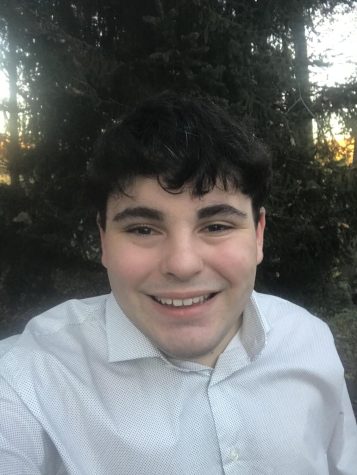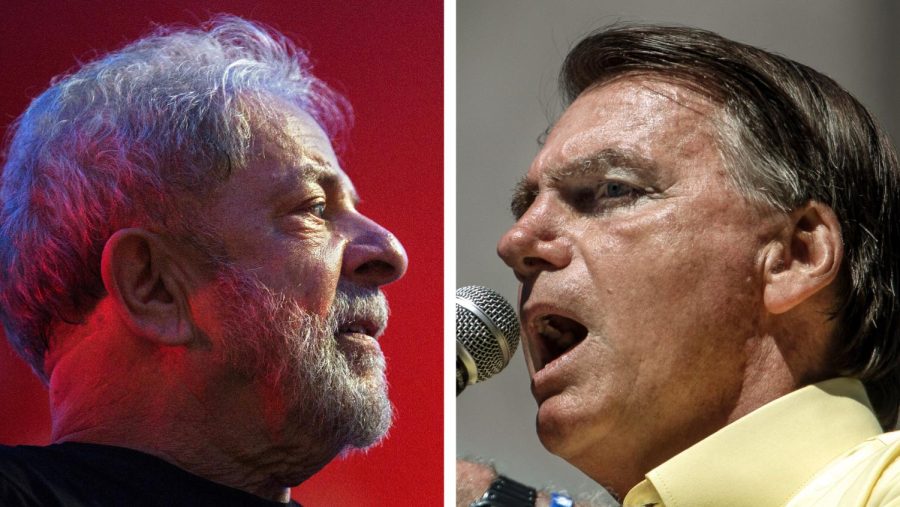The World’s Eyes Should Be on the Brazilian Election
On the 2nd of October, Brazilians voted on the leader of their country’s executive branch for the next four years. Luiz Inácio Lula da Silva, more commonly known as Lula, won 48.4 percent of the vote, while incumbent President Jair Bolsonaro came in second with 43.2 percent of the vote. Due to neither candidate winning a majority of the popular vote during the first round of voting, a runoff will be held later this month on the 30th of October.
This election is seen by many international observers as one of the most consequential since the beginning of modern democracy in Brazil in 1985, and the relative youth of this democracy has been present in many people’s minds throughout the campaign. Bolsonaro, who has been trailing Lula in the polls for the last year, has been raising doubts regarding the validity of the results of the election for months, stating four days prior to the first round that government employees had “absolute power to manipulate election results without leaving a trace.” Despite how vitally important this election is, and the many challenges whoever is elected will have to deal with once in office, many Brazilian voters do not seem to like either candidate.
Jair Bolsonaro, the incumbent President, had a net disapproval rating of 17 percent the month prior to the election and has been disapproved of for the last two years. He is considered far-right on the scale of Brazilian politicians, standing in stark contrast with the 16 previous years of Worker’s Party rule. He is a supporter of laissez-faire economics, a denier of climate change, and has supported strong crackdowns on street crime.
Lula, on the other hand, left office on New Year’s Eve of 2010 with a 83 percent approval rating. He built up a considerable welfare state, was charismatic, and was able to improve the economy. Despite his former unrivaled popularity, revelations that came out after his presidency years later would tarnish his population.
In 2014, Operation Car Wash broke. The scandal involved massive amounts of corruption between Brazil’s state-owned oil company, Petrobras, major contractors, and the government. The scandal led to the ousting of Lula’s successor, Dilma Rouseff, a downturn in Brazil’s economy, and Lula’s eventual imprisonment. Still, Lula remained popular and, from jail, was considered the frontrunner in the 2018 Presidential election until he was disqualified. Despite all this, in 2019, the charges against Lula were annulled and he was once again able to run for President. He is campaigning mostly on his past successful tenure in politics, which is not exactly a bad idea, as Lula’s past Presidency has a net approval of 18 percent today.
Despite all the articles discussing a potential coup in Brazil and the unpopularity of both candidates, one important aspect of this election is going undiscussed: the Amazon. The Amazon is on the verge of going from our ally to our worst enemy in our fight against climate change. Deforestation in the Amazon, which hit a 12-year high in 2020, has started to turn the Amazon into a net emitter of greenhouse gasses for the first time. This change is not only disturbing, it is catastrophic. The Amazon stores an amount of carbon dioxide equivalent to five years of human-made emissions. The more deforestation occurs, the closer the Amazon gets to collapse, which will release all this carbon dioxide into the atmosphere.
Bolsonaro has shown throughout his presidency that he will not act to stop deforestation, which has dramatically increased under his watch. He rejects the fact that Brazil has any special role to play in the environment, even though its borders encompass the largest rainforest in the world. If Bolsonaro is elected, it is not an exaggeration to say that climate change may be all but inevitable.
In brief, while the crazy characters running and the threats of a coup are very concerning in the fourth largest democracy in the world, the environmental implications could also be catastrophic if Bolsonaro is elected on October 30th.

Jake is a Senior at Harriton and is excited to be writing for The Banner for his second year. He is eager to once again share his thoughts on domestic...


